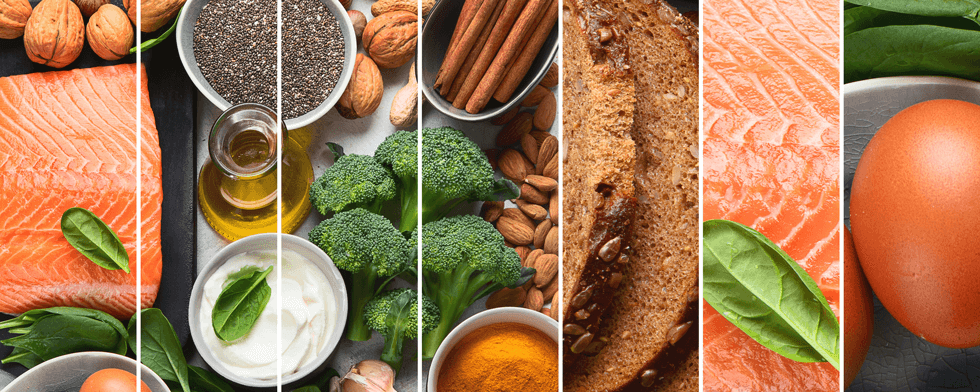
What is cholesterol?
Cholesterol is a waxy substance found in the cells in your body. Your body needs cholesterol to make hormones, vitamin D, and substances that help you digest food. Too much cholesterol can combine with other substances in the blood to form plaque. Plaque sticks to the walls of your arteries, which can lead them to become narrowed or blocked, causing heart disease.
What is HDL?
HDL, or high-density lipoprotein, is sometimes referred to as “good” cholesterol. It carries cholesterol from other parts of your body back to your liver. Your liver then removes the cholesterol from your body. A healthy HDL cholesterol level may protect against heart attack and stroke.
Here are the healthy levels of cholesterol, based on your age and gender:
Cholesterol numbers are measured in milligrams per deciliter (mg/dL).
| Type of Cholesterol | Healthy Level Anyone age 19 or younger | Healthy Level Men age 20 or older | Healthy Level Women age 20 or older |
|---|---|---|---|
| Total Cholesterol | Less than 170 | Less than 200 | Less than 200 |
| LDL | Less than 100 | Less than 130 | Less than 130 |
| HDL | More than 45 | More than 40 | More than 45 |
| Triglycerides | Less than 90 | Less than 150 | Less than 150 |
What is LDL?
LDL, or low-density lipoprotein, is sometimes referred to as “bad” cholesterol. High levels of LDL lead to the buildup of plaque in your arteries. This increases your risk for heart attack, stroke, and other heart diseases.
What is VLDL?
VLDL, or very low-density lipoprotein, is also referred to as a “bad” cholesterol because it contributes to the buildup of plaque in your arteries. While LDL mainly carries cholesterol, VLDL carries triglycerides.
What are triglycerides?
Triglycerides are the most common type of fat in the body. The excess calories that your body doesn’t immediately need are changed into triglycerides, which are stored in fat cells. When your body needs extra energy, it releases the triglycerides. A high level of triglycerides can increase your risk of heart diseases, including coronary artery disease.
